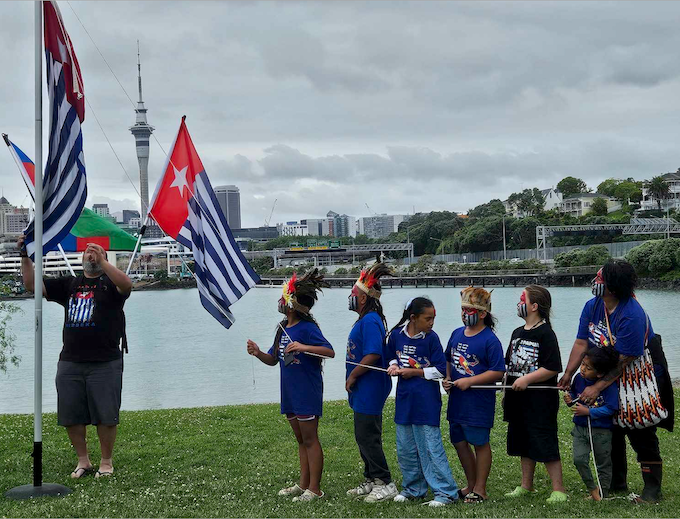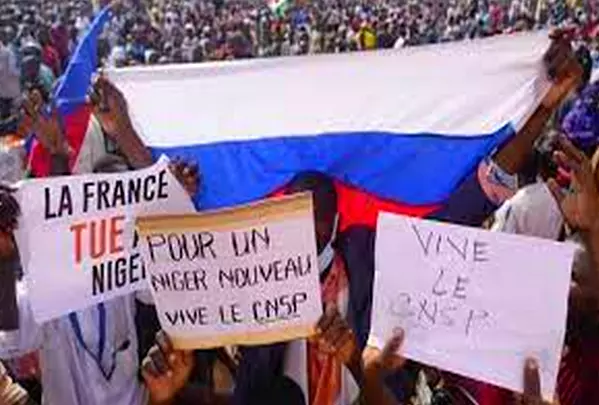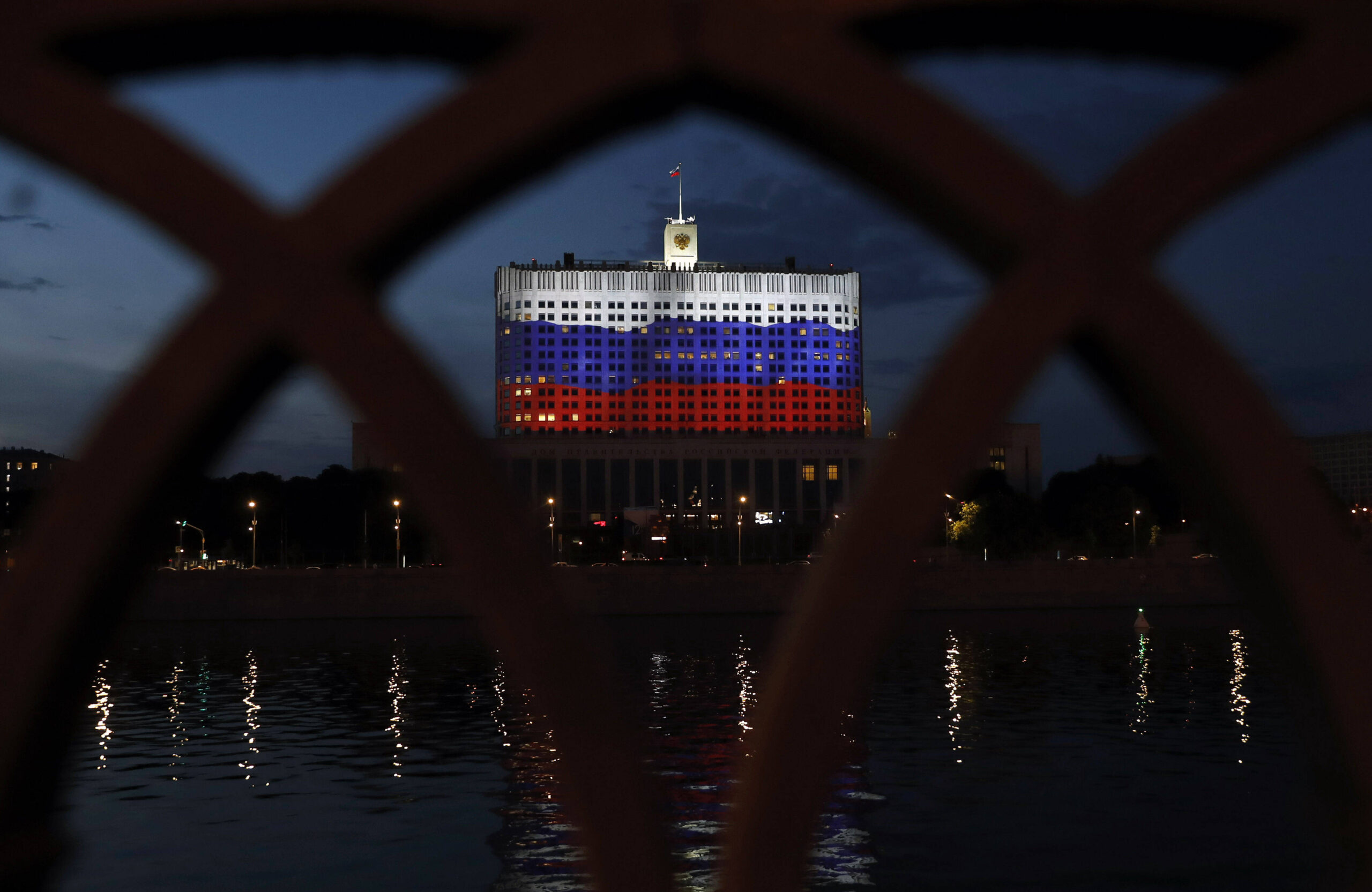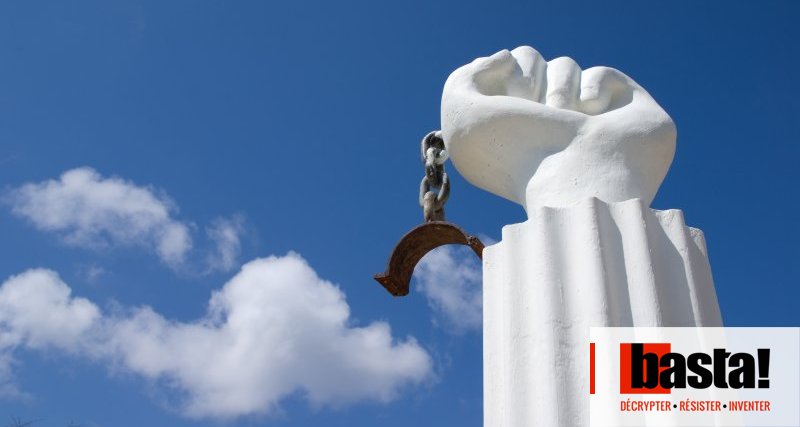West Papua: Once was Papuan Independence Day, now facing ‘ecocide’, transmigration
Asia Pacific Report
On Papuan Independence Day, the focus is on discussing protests against Indonesia’s transmigration programme, environmental destruction, militarisation, and the struggle for self-determination. Te Ao Māori News reports.
(Text continues underneath the photo.)

Tamariki raising the West Papuan independence flag Morning Star - banned by Indonesian authorities - at St Marys Bay, Auckland Tāmaki Makaurau, today. Image: David Robie/Asia Pacific Report.
On 1 December 1961, West Papua’s national flag, known as the Morning Star, was raised for the first time as a declaration of West Papua’s independence from the Netherlands.
Sixty-three years later, West Papua is claimed by and occupied by Indonesia, which has banned the flag, which still carries aspirations for self-determination and liberation.
The flag continues to be raised globally on December 1 each year on what is still called “Papuan Independence Day”.
Protests have been building in West Papua since the new Indonesian President Prabowo Subianto announced the revival of the Transmigration Programme to West Papua. (...)
The transmigration programme began before Indonesia gained independence from the Dutch colonial government, intended to reduce “overcrowding” in Java and to provide a workforce for plantations in Sumatra.
After independence ended and under Indonesian rule, the programme expanded and in 1969 transmigration to West Papua was started. (...)
Papuans believe this was to dilute the Indigenous Melanesian population, and to secure the control of their natural resources, to conduct mining, oil and gas extraction and deforestation. (...)
The ecology in West Papua was being damaged by mining, deforestation, and oil and gas extraction, he said. Mote said Indonesia wanted to “wipe them from the land and control their natural resources”. (...)
> More on West Papua (Diaspora*)
Tags: #indonesia #papua #west_papua #human_rights #discrimination #racism #independence #act_of_free_choice #decolonisation #self-determination #Pacific #melanesia #transmigration








